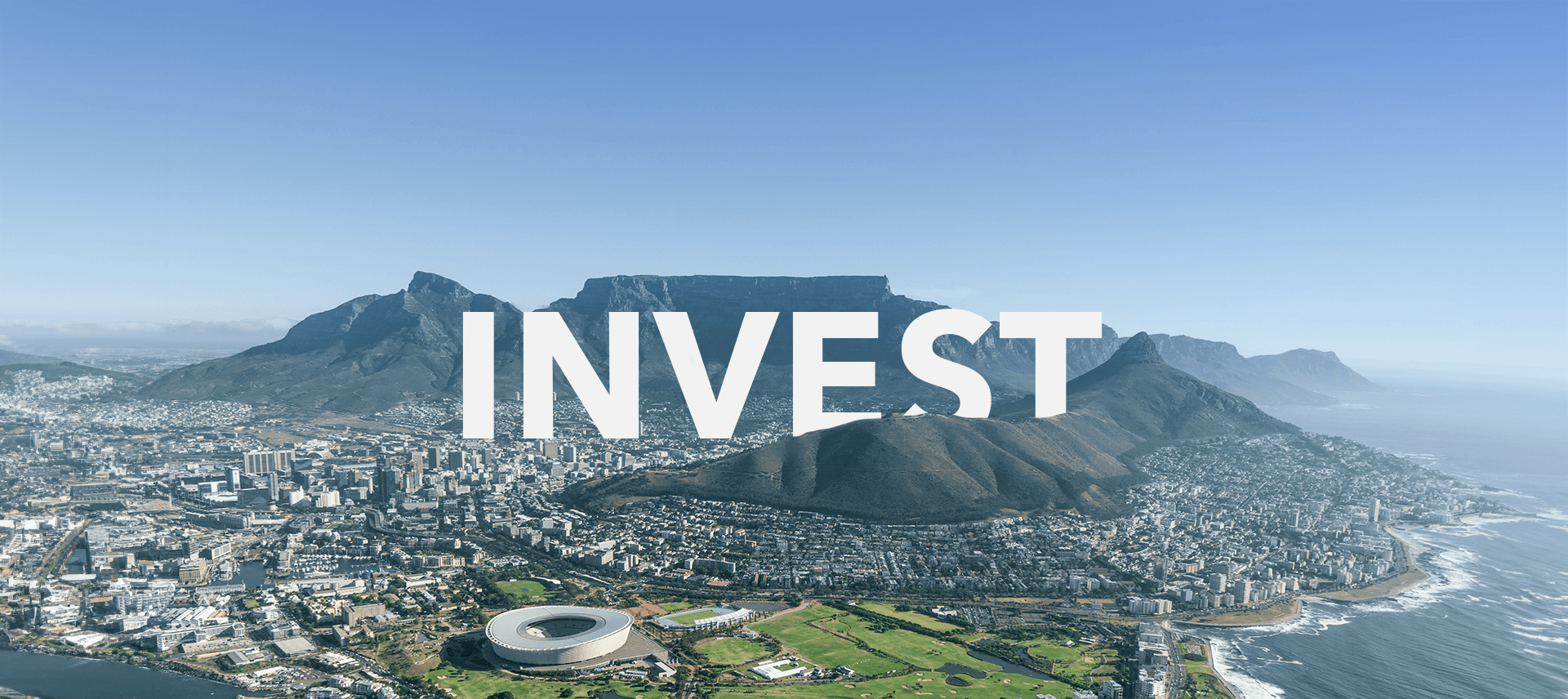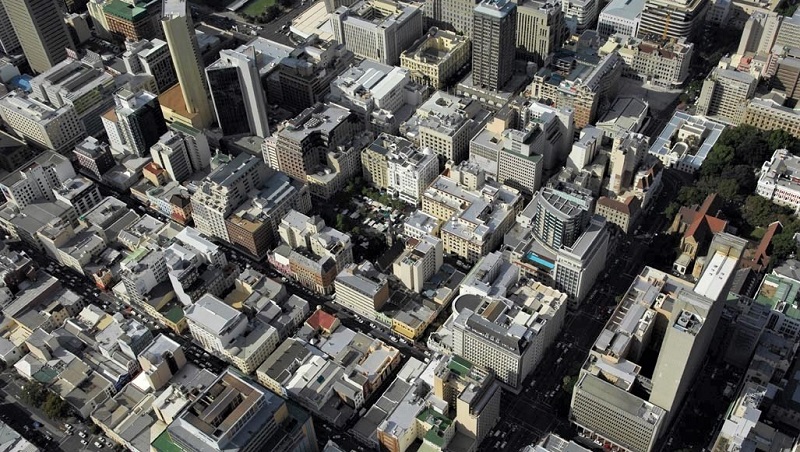

Economy
In Cape Town
Cape Town is South Africa’s oldest city, its secondmost populous and an important contributor to national employment. It is the legislative capital of South Africa, the administrative and economic centre of the Western Cape, and Africa’s third biggest economic hub.
The Mother City produces 9.8% of South Africa’s gross domestic product (GDP) and accounts for more than 71% of the Western Cape’s economic activity. The City has a diversified economy, and the three biggest sectors are:
- Finance, insurance, property and business services.
- Wholesale and retail trade, catering and accommodation – much of this tourism driven.
Cape Town is the gateway to the rest of the continent and offers a long list of opportunities in a variety of sectors.
The region has welcomed nearly 300 direct investments, attracting over US$7.6 billion worth of FDI in just under nine years.
The business service sector, including Business Process Outsourcing (BPO) and Information Technology (IT) has been the largest contributor to employment growth in Cape Town over the last 10 years. In 2016, Cape Town accounted for 82% of the Western Cape and 13% of South Africa’s business services sector.
We are:
- The second busiest container port in SA and the second busiest airport in SA.
- A servicedriven economy with established business culture and clustering of financial institutions.
- Strategically positioned on the west coast of Africa.
- A powerful skills pipeline.
- The best place in Africa for hi-tech.
We have:
- Good public transport linkages in the city.
- Soundness of banks rated third in the world by the WEF.
- Scenic beauty and natural sights that attract international visitors and make the city globally recognisable.
- Three major universities in the metro region. One of these is the top ranked university in Africa, and the second highest ranked.
We service:
- Large agricultural surroundings and act as a processing.
- Trade and retail hub for agricultural products.
Study
Cape Town is Africa’s most desirable city for students. Now that you can study virtually from anywhere, why not do it from Cape Town with some of the most picturesque college campuses in South Africa.
Play
Cape Town is an adventure seeker’s paradise. You could stay for weeks and still not tick off all the activities on offer. From paragliding to kayaking, kitesurfing and sand boarding, Cape town offers all the high speed thrills.
